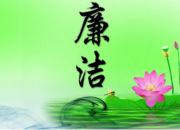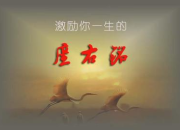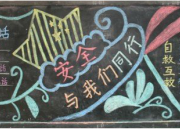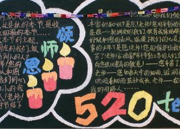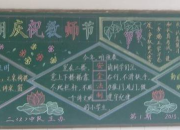愚人节英文作文和意思
时间:2021-08-31导语:愚人节又称万愚节,已经有几百年的历史了。关于他的起源,众说纷云。下面由小编为您整理出的愚人节英文作文和意思内容,一起来看看吧。
【愚人节英文作文和意思1:你必须要小心愚人节】
1st April is a day to be careful, or you could easily get tricked by someone. It’s April fool’s Day, a day when people traditionally like to try to make a fool of someone else and laugh at them.
There are lots of theories surrounding the origins of the day, but one explanation is connected with the change in the calendar in the 16th century, which meant that 1st April was no longer the beginning of the year. Those who still celebrated the New Year on 1st April were called fools.
So what kind of pranks do people play on April fool’s Day? Well, there are lots of simple tricks that you can play on your friends. For example, you could wear a black sweater and pull a piece of white thread through it, so that people try to pull it off. You could change the time on someone’s alarm clock so that they’re late for work. Or glue a coin to the floor and see how many people try to pick it up.
All these are small-scale practical jokes which you might play on one other person or a few people. But there’s also a tradition of large companies attempting to fool a lot of people. For example a burger restaurant once claimed that they were introducing a left-handed burger!
In particular, the media often try to make people believe something which is not true. Newspapers publish some ludicrous stories every year, although some of them are actually true. It’s entertaining to try to guess which stories are true and which are fake. In the April Fool’s stories, they often include a clue to the fact that it’s a joke. For example the name of an ‘expert’ quoted in the article might be an anagram of ‘April Fool’.
Radio and television programmes have also fooled many people by broadcasting reports which are untrue. One programme announced the invention of an amazing new weight-loss product - water which contained minus calories!
And one of the most famous hoaxes ever was broadcast by the BBC itself in 1957! A very serious news programme called Panorama reported on the poor spaghetti harvest in Switzerland, and showed pictures of farmers picking spaghetti from trees! Hundreds of people were taken in and wrote to the BBC asking how to grow their own spaghetti.
4月1日是一个小心的日子,否则你很容易被人骗。四月是愚人节,人们通常喜欢愚弄别人并嘲笑他们。
有很多关于这一天起源的理论,但是有一种解释与十六世纪日历的变化有关,这意味着4月1日不再是一年的开始。那些仍在4月1日庆祝新年的人被称为愚人。
那么,人们在四月愚人节玩什么样的恶作剧呢?嗯,有很多简单的技巧可以在你的朋友身上玩。例如,你可以穿一件黑色的毛衣,在上面穿一条白线,这样人们就可以把它脱下来。你可以改变某人闹钟的时间,这样他们就可以上班迟到了。或者把一枚硬币粘在地板上,看看有多少人试图捡起来。
所有这些都是小规模的恶作剧,你可能会在另一个人或几个人身上玩。但也有大公司企图欺骗很多人的传统。例如,一家汉堡餐馆曾宣称他们在介绍一种左撇子汉堡!
尤其是,媒体常常试图让人们相信一些不真实的东西。报纸每年出版一些荒唐的故事,尽管其中有些故事是真实的。猜猜哪个故事是真的,哪些是假的,这很有趣。在四月愚人节的故事中,他们经常会有一个线索,说明这是一个笑话。例如一个“专家”的文章中引用的名称可能是“四月愚人的。
广播和电视节目也通过广播不真实的报道愚弄了许多人。一项计划宣布发明了一种令人惊奇的新减肥产品——含负热量的水!
其中最著名的骗局是广播由英国广播公司本身在1957!一个叫做“全景”的非常严肃的新闻节目报道了瑞士的意大利面歉收,并展示了农民从树上采摘意大利面条的照片!成百上千的人被带进来,写信给英国广播公司询问如何种植自己的意大利面。

